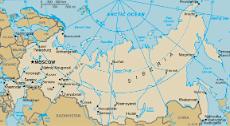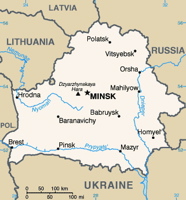
British Prime Minister Gordon Brown, it is widely accepted, has had a good credit crunch. A couple of months ago, just a year after taking over from the charismatic Tony Blair, Brown was virtually dead in the water. His support, it seemed, did not extend much beyond his own family. The only question was whether he could survive until Christmas. Last weekend, the opinion polls confirmed in public what the opposition Conservative Party had already conceded in private: Brown had dramatically returned from the dead. He was still trailing in the polls, but his opponent’s seemingly unassailable 20 percent lead […]






